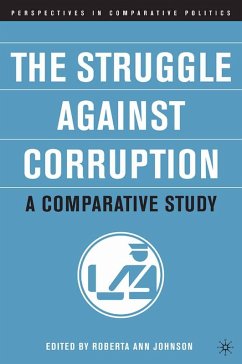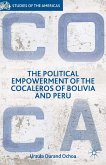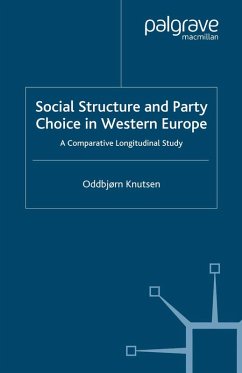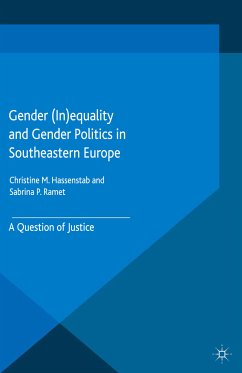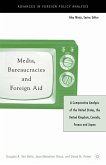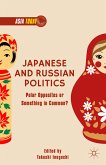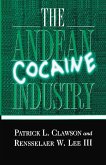Dieser Download kann aus rechtlichen Gründen nur mit Rechnungsadresse in A, B, BG, CY, CZ, D, DK, EW, E, FIN, F, GR, HR, H, IRL, I, LT, L, LR, M, NL, PL, P, R, S, SLO, SK ausgeliefert werden.
'A refreshing and engrossing study of the complexities involved in the ubiquitous presence of corruption around the globe (in the USA, Israel, Russia and India) that distorts globalization, jeopardizes stability, and challenges social ethics: it is a must for readers alarmed about a most disquieting feature of contemporary public life and looking not just for explanations but also for
possible solutions.' - Gerald Caiden, Professor of Public Administration, The University of Southern California
'Roberta Ann Johnson and her colleagues give us a very useful overview of where anti-corruption efforts stand after more than a decade of international effort. They do this in the context of an ambitious comparative analysis of four important, yet diverse, cases. The result is a book that helps us understand how corruption is rooted within the societies where it occurs, and how it can vary from one country to another. After years of emphasis on the effects of corruption upon whole economies, this book's focus on individuals, and on how they experience and respond to corruption, is particularly welcome. Anyone interested in corruption and committed to reform will find very useful cases here, along with some analytical ideas deserving serious thought.' - Michael Johnston, Colgate University

